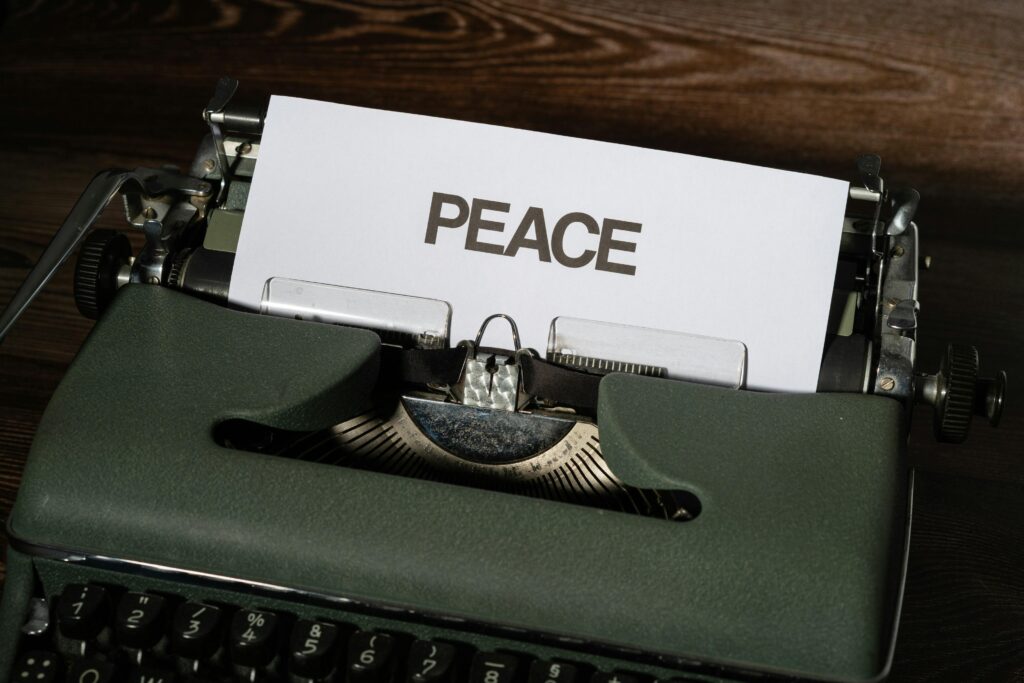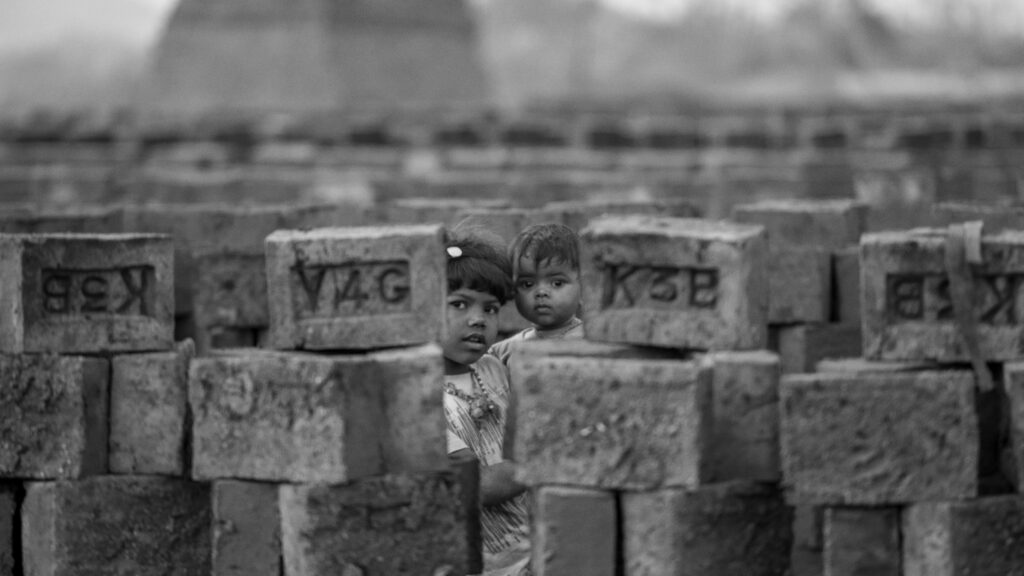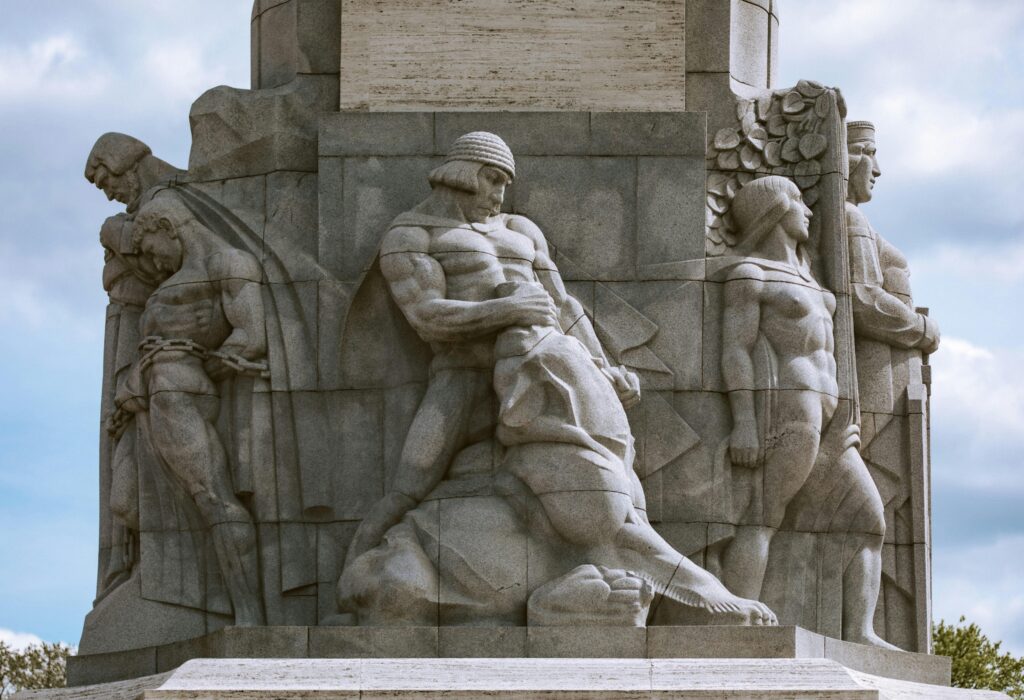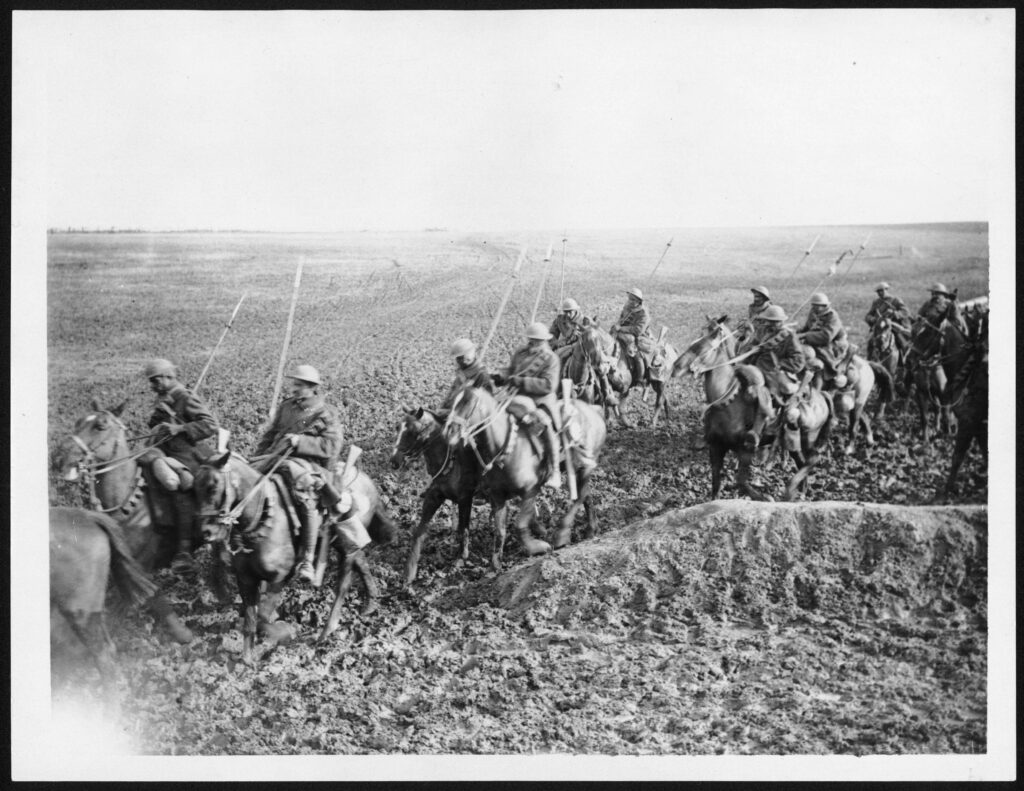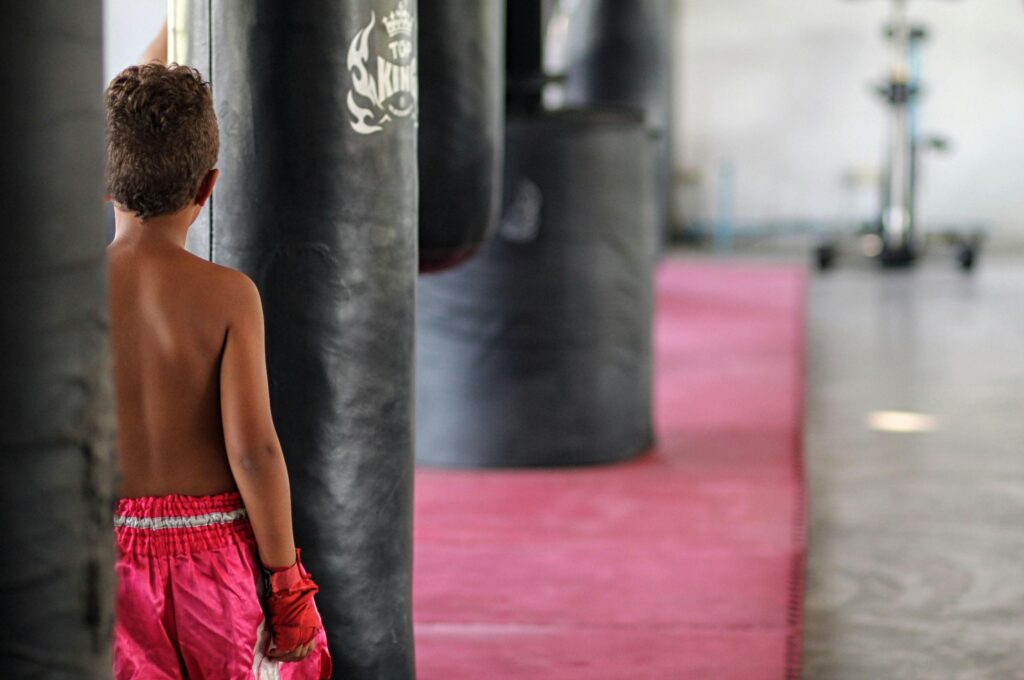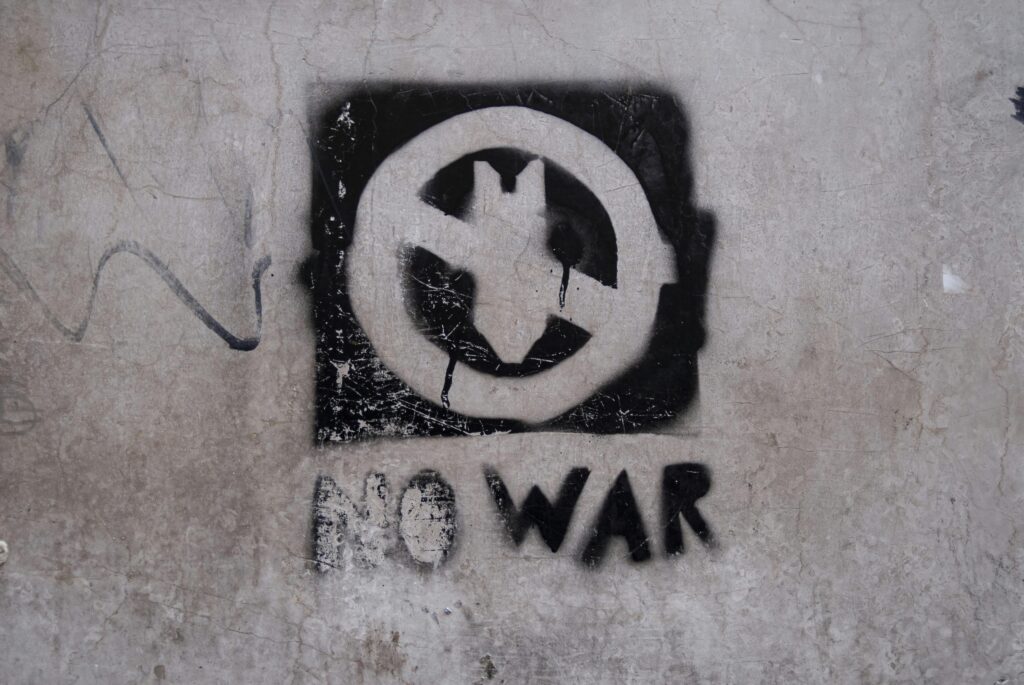In the quiet moments between gunfire and patrols, amid foreign landscapes far from home, peacekeepers and soldiers carry stories that often go unheard. These are the voices from the front lines—raw, unfiltered, and deeply human. “” dives into these personal narratives, inviting readers to step inside the boots of those who stand between conflict and calm. Through their memoirs, we gain not only a glimpse of the battlefield but also the emotional terrain that shapes their courage, hope, and resilience. Join me as we explore these firsthand accounts that reveal the true cost of peace and the enduring spirit of those who fight to preserve it.
Table of Contents
- The Human Side of Duty Exploring Personal Stories Beyond the Battlefield
- Lessons Learned from the Frontlines How Peacekeepers Navigate Complex Conflicts
- Building Resilience Strategies Soldiers Use to Cope with Trauma and Stress
- Voices for Change Recommendations from Those Who’ve Lived the Mission
- Insights and Conclusions
The Human Side of Duty Exploring Personal Stories Beyond the Battlefield
Behind every uniform lies a story woven with sacrifice, resilience, and the deep complexities of the human spirit. These narratives reveal the nuanced experiences of individuals who navigate the harsh realities of conflict and peacekeeping, far beyond the tactical maneuvers and military strategies. From letters scribbled in the dead of night to quiet moments of reflection, their memoirs illuminate the courage it takes to face not only external threats but internal struggles as well.
Personal accounts shed light on themes often overlooked in historical analyses, including:
- The psychological toll of separation from loved ones.
- The unexpected friendships formed amid adversity.
- Moments of doubt and hope that shape their evolving sense of purpose.
By diving into these heartfelt stories, readers connect with the very essence of what it means to serve — a journey marked by humanity, courage, and the relentless pursuit of peace.
Lessons Learned from the Frontlines How Peacekeepers Navigate Complex Conflicts
Embedded deep within volatile environments, peacekeepers become more than observers; they evolve into delicate threads weaving through a tapestry of historical grievances, cultural rifts, and political unrest. One powerful takeaway from their experiences is the art of active listening — a skill that transcends language barriers and builds trust in communities fractured by conflict. They learn early on that success often hinges not on force but on patience, empathy, and genuine respect for local customs. Navigating these nuanced social landscapes demands flexibility, requiring peacekeepers to constantly adjust strategies in real time, responding to shifts that are as unpredictable as the terrain they patrol.
Beyond interpersonal skills, peacekeepers gather invaluable lessons about collaboration in high-pressure environments where stakes are life or death. They emphasize the importance of:
- Inter-agency coordination — understanding the strengths and limitations of military, humanitarian, and political actors alike.
- Conflict de-escalation techniques — applying nonviolent communication methods even when tensions reach a boiling point.
- Adaptability in resource-scarce settings — maximizing scarce supplies and personnel through innovative problem-solving.
These insights are not merely theoretical; they shape real-world peacekeeping outcomes and often become the foundation for future protocols designed to preserve peace amid chaos.
Building Resilience Strategies Soldiers Use to Cope with Trauma and Stress
In the harrowing environments where chaos often reigns, soldiers develop remarkable inner strength to navigate the unpredictable tides of trauma and stress. They rely on a blend of mental conditioning and ritualistic practices that serve as anchors amidst the storm. Many recount the power of daily mindfulness exercises, which help in grounding their thoughts and emotions, granting fleeting moments of peace. Others speak of the camaraderie shared during late-night conversations that weave a safety net of trust and understanding, reminding them they are never truly alone in their battles.
Beyond these personal tools, structured approaches also play a vital role. Units often implement peer support networks where soldiers are trained to recognize signs of distress and offer empathetic listening. This creates a culture of resilience that’s not only individual but communal. Some effective strategies soldiers have embraced include:
- Physical exercise routines tailored to release tension and recharge energy levels.
- Journaling raw thoughts as a therapeutic outlet to process experiences without judgment.
- Visualization techniques that recreate safe mental spaces for stress relief.
Together, these practices form a mosaic of survival tools that transform vulnerability into strength, enabling soldiers to face each day with renewed courage.
Voices for Change Recommendations from Those Who’ve Lived the Mission
Drawing from years spent in volatile environments, those who have experienced peacekeeping and military missions firsthand offer crucial insights into the realities on the ground. Their stories reveal the intricate balance between diplomacy and defense, shedding light on the human dimensions often overlooked by strategy sessions far removed from conflict zones. These voices emphasize that any successful mission is built not just on tactical expertise, but on understanding cultural nuances, emotional resilience, and the unpredictable nature of human behavior during times of crisis.
Key recommendations from veterans and active personnel include:
- Prioritizing community engagement: Genuine connection with local populations creates trust and fosters collaboration, minimizing hostility.
- Inclusive leadership training: Cultivating empathy and cultural competence among commanders ensures decisions resonate beyond hierarchies.
- Continuous mental health support: Recognizing and addressing trauma promptly safeguards the wellbeing and effectiveness of the mission team.
- Adaptable operational approaches: Embracing flexibility allows peacekeepers to respond to evolving threats and societal dynamics on the ground.
Insights and Conclusions
As we close the chapter on these powerful stories from the front lines, it’s clear that the voices of peacekeepers and soldiers carry far more than the weight of conflict—they echo resilience, hope, and humanity. Their memoirs offer us a rare window into worlds often hidden behind headlines and statistics, reminding us that amidst turmoil, there are shared experiences of courage and compassion. Whether bearing witness to the harsh realities or moments of unexpected kindness, these narratives urge us to listen closely, to understand deeply, and to never take peace for granted. Here’s to honoring their stories and carrying their lessons forward—because in their words, we find more than history; we find the heart of those who stand between war and peace.



